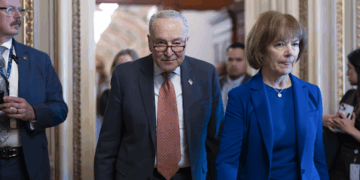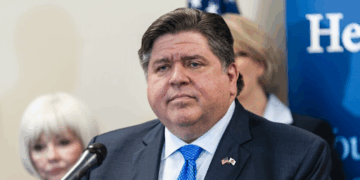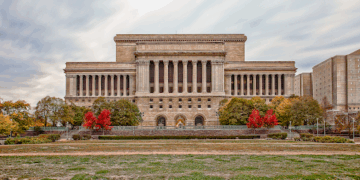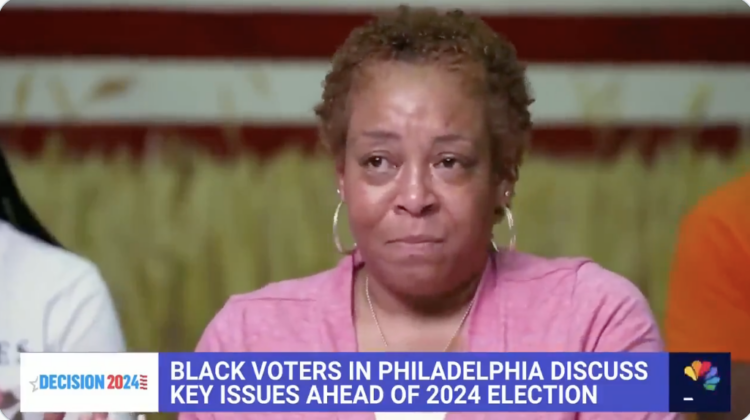A recent interview on MSNBC highlighted the growing discontent among Black voters in Philadelphia, as they express frustration over the impact of inflation on their daily lives. The conversation underscores a broader trend of declining support for the Biden-Harris administration within a key demographic that has traditionally been a stronghold for the Democratic Party.
In the interview, Black voters did not hold back their emotions, sharing how inflation has significantly strained their finances. One woman, a working-class mother and paralegal, described the harsh reality of struggling to afford basic necessities, such as a bell pepper that has jumped from $2 to $5. “I blame the federal government at this point,” she stated, highlighting the disconnect between the administration’s policies and the lived experiences of everyday Americans. The woman broke down in tears, and appeared defeated that she had to acknowledge she earns a middle class salary and have to choose between feeding herself or family.
“Imagine a mother living on food stamps, or a mother making minimum wage trying to feed children,” another woman lamented. “They’re killing us without killing us… They’re hurting people in ways that they can’t help themselves.”
This sentiment reflected among voters struggling with inflation is a growing perception that the federal government has failed to address the economic challenges facing Black communities, particularly in the face of persistent inflation. The statistics tell a grim story: Inflation surged by 7% in 2021, the highest rate in nearly 40 years. In 2022, it peaked at 9.1%, driven by factors such as supply chain disruptions and soaring energy prices. Although inflation moderated slightly to 6.5% in 2023, it remained stubbornly high, with food prices continuing to climb. As of 2024, inflation hovers around 5%, but the damage has been done, particularly in communities already vulnerable to economic instability. Since 2021, food prices have increase by more than 25%.
For many Black voters in Philadelphia and across the country, these economic pressures have translated into a loss of faith in the federal government’s ability to deliver on its promises. The interview serves as a stark reminder that inflation is not just an economic issue—it is a deeply personal one, impacting the daily lives of millions of Americans who are struggling to make ends meet.

































